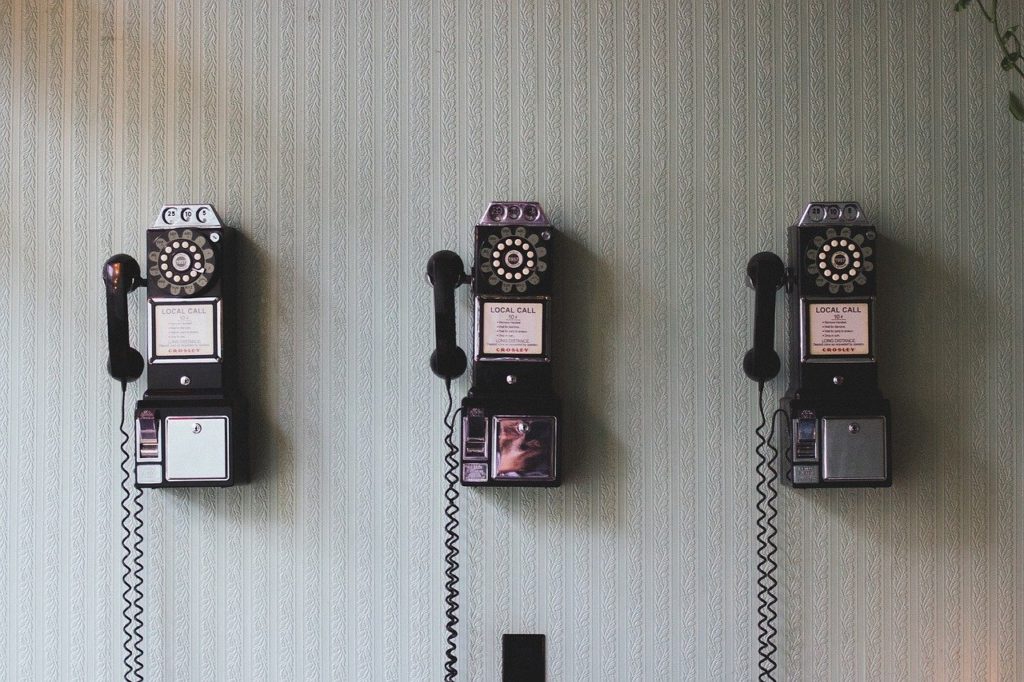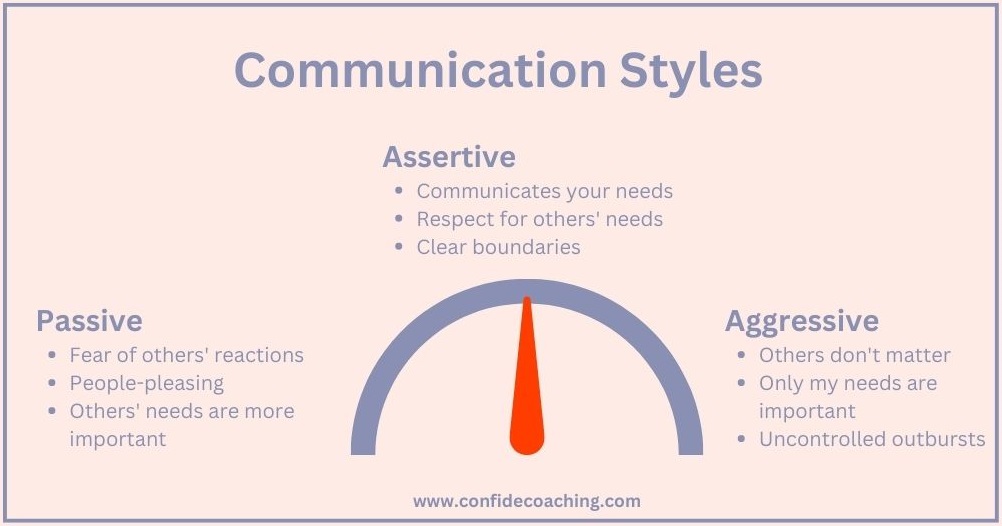
Having a better life and helping others means better communication.
Most people want to help those people in our lives who are important, especially when they are in distress. Sometimes when we try to help, however, it seems like we make things worse.
Good Intentions Aren’t Always Good Communication
Our good intentions sometimes seem to be “thanked” with defensiveness and aggression. Here are some things to pay attention to in order to truly create solutions and avoid conflict:
1. Did they ask for advice? When someone is troubled, sometimes they communicate by venting. Giving unsolicited advice when someone just wants to talk is a message that you are not listening and can lead to frustration.
2. Are you asking insightful questions or telling? To help someone solve a problem, tapping into that person’s creativity is much more effective (not to mention fun) than telling them what to do. And obviously, a habit of telling someone what to do could be a big part of the conflict in your relationship.
3. Avoid closed-ended questions. A closed-ended question is any question that can be answered with a short one or two word response like “yes or no.” Just about any question that has “you” as the second word is a closed-ended question and not considered optimal communication.
4. Avoid “why” questions. “Why“ questions will put the other person on the defensive. They will have to justify their actions or lack thereof. This is not a lot of fun for someone who came to you with a problem.
5. Are you validating or attacking? Sometimes a person will complain about their partner or a job (that they really like most of the time), and giving validation for the person’s emotions can be helpful. But if you start bad-mouthing the job or criticizing the significant other, that puts the other person on the defensive. The interaction goes from your being a friendly ear to adding to an already difficult day.

Don’t Should On People
6. Unsolicited Advice. Avoid starting sentences with “You should.” “You should” sentences are a form of unsolicited advice or criticism. You should have known better. You should look for another job. These are simply opinions and are not helpful.
7. Release judgement. Try to imagine that you don’t know the person, and the solutions they come up with, though they may not agree with what you think is right, are just as valid. When someone feels they are being judged, they will be less likely to communicate new perspectives.
8. Let them own it. If you feel responsible for fixing their problems, do your best to let go. In the case that you have helped them to come up with a course of action, let them run with it. If it fails, they’ll learn. If it’s successful, it’s theirs and will build confidence. When they follow your unsolicited advice and it fails, guess who they’ll blame?
9. Listen and wait. When someone is talking, let them finish and keep the voice in your head quiet and still. Wait a few moments to see if they have completed their thought. Active listening is a key component to excellent communication.

Truly listening is key to great communication.
10. Use Open-Ended Questions. Yes, this one deserves repeating. This is the secret to getting to the heart of the matter, to tapping into the other person’s creativity and coming up with new solutions the other person can own. Instead of “Why don’t you just tell him like it is!?” You could ask, “How do you think you can make yourself heard in that situation?” “How important is it to you that he sees your perspective?” “What would it mean to you if he understood where you were coming from?” See the difference?
In Conclusion
I hope you found these helpful. Of course, there are many more ways to communicate better, and we are all human. The first step is taking responsibility and wanting to communicate better. It is easy to forget that you are an important factor in your interaction with others. We sometimes judge how those around us communicate as if we are not present. Try this on in regards to communication: What you get back is what you put out there.
How could this distinction change your relationships? What would the world be like if everyone adopted this way of thinking?
p.s. – Do you want to live more in line with who you are? Book a free trial session and we’ll see if we’re a fit for working together.

Paul Strobl, MBA, CPC
Owner of Confide Coaching, LLC
Paul is a Master Life Coach for GenX and GenY executives and business owners. Originally from Houston, Texas, he has been location independent for most of his adult life. He currently resides in the Rhodope Mountains of Bulgaria near the Greek border with his brilliant wife, 14-year-old stepson (officially adopted in 2021!) and a Posavac Hound rescue.

